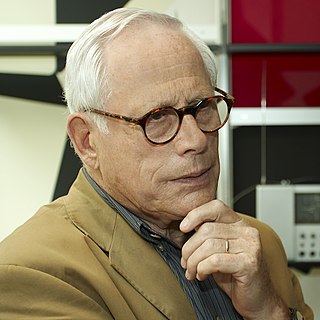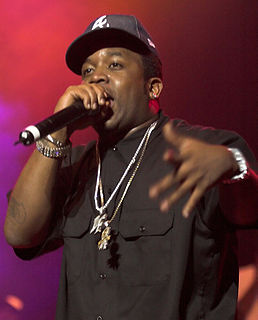A Quote by Phil Jackson
The real value in everything you do is in the details.
Quote Topics
Related Quotes
The value of any commodity, therefore, to the person who possesses it, and who means not to use or consume it himself, but to exchange it for other commodities, is equal to the quantity of labour which it enables him to purchase or command. Labour, therefore, is the real measure of the exchangeable value of all commodities. The real price of everything, what everything really costs to the man who wants to acquire it, is the toil and trouble of acquiring it.
Modern man has no real "value" for the ocean. All he has is the most crass form of egoist, pragmatic value for it. He treats it as a "thing" in the worst possible sense, to exploit it for the "good" of man. The man who believes things are there only by chance cannot give things a real value. But for the Christian the value of a thing is not in itself autonomously, but because God made it.
The value of science is not simply what the next model of the iPod you will buy next week, but its real value comes about when it's time to distinguish reality from everything else. And to be scientifically literate is to be trained in what it is, to recognize your own frailty as a data-taking device.
The elements of a good story are most definitely details, little bitty details. That does it, especially when you're describing, when you're setting the scene and everything. It's like you're painting a picture, so details are very important. Also, the music gotta be right. The music can really set the tone for the story and let you know what the story is gonna be about, but definitely, it's the vibe in the place where you at and the detail.
One of the great arts in living is to learn the art of accurately appraising values. Everything that we think, that we earn, that we have given to us, that in any way touches our consciousness, has its own value. These values are apt to change with the mood, with time, or because of circumstances. We cannot safely tie to any material value. The values of all material possessions change continually, sometimes over night. Nothing of this nature has any permanent set value. The real values are those that stay by you, give you happiness and enrich you. They are the human values.
One of the things that makes characters real is details. Life offers a lot of details. You just have to choose and use them wisely. When you give them to fictional people and a fictional story, their purpose and their meaning changes, so it's best to see the version in the book as fiction entirely, wherever it started out.




































